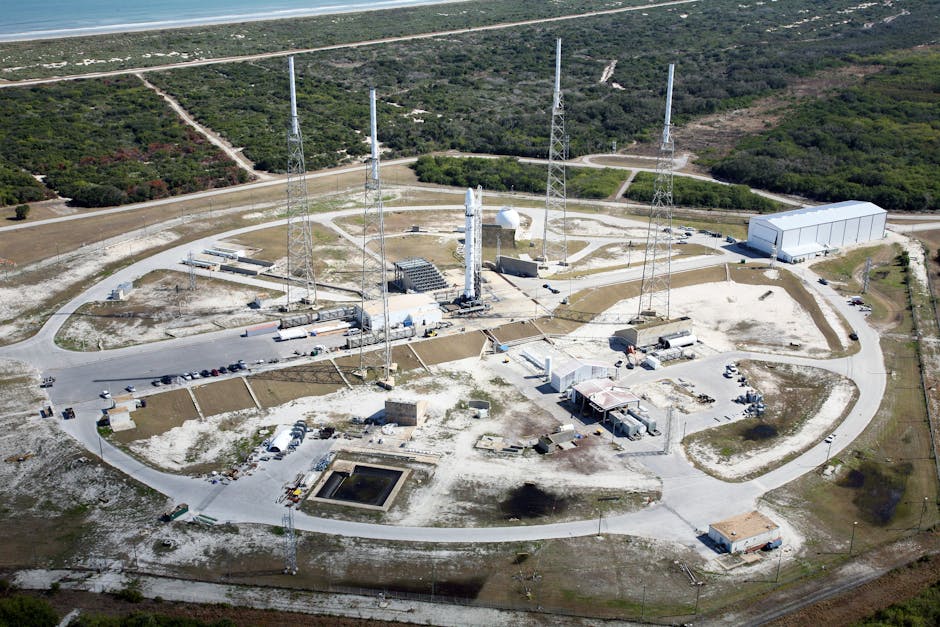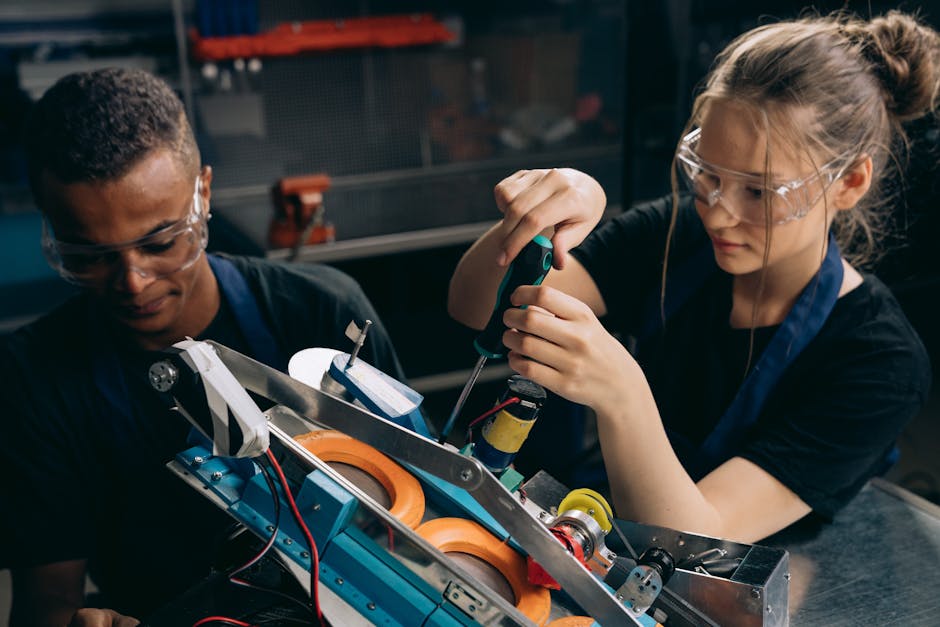Unlock encrypted content
Please enter your SSCE key to initiate on-the-fly decryption.
Decryption key: (Click cancel if you don't have the key)
Copied link to clipboard.
This feature is unavailable for free accounts. Upgrade now and enjoy all Premium benefits.
Go Premium!
This feature is unavailable for free accounts. Upgrade now and enjoy all Premium benefits.
Go Premium!
Please open this page in browser ( Google Chrome or Safari ) to use this feature.
Open In Browser
Neuromorphic Data Storage: Unlocking the Future of Cloud Storage and Data Privacy by Amelia Isabella.
Random related video for this blog.
Copied share link to clipboard.
The rapid advancement of technology has revolutionized the way we store and access data. From traditional hard drives to cloud storage, the evolution has been remarkable. In the coming years, several cutting-edge technologies are set to redefine the landscape of data storage, privacy, and accessibility. In this article, we will explore the exciting prospects of neuromorphic data storage, the importance of data privacy, the role of blockchain technology, and the potential impact of futuristic transportation, virtual reality (VR), artificial intelligence (AI), and nanotechnology on data storage. So, fasten your seatbelts as we dive into the fascinating world of data storage and privacy!
Neuromorphic Data Storage: A Paradigm Shift in Storage Technology
Neuromorphic data storage is an emerging technology that draws inspiration from the human brain's neural networks. It aims to replicate the brain's ability to process and store information in a highly efficient and scalable manner. Unlike traditional storage methods, which rely on binary code, neuromorphic data storage utilizes neural networks and algorithms to store and retrieve data. This approach offers numerous advantages, including faster processing speeds, lower energy consumption, and increased storage capacity. One of the key benefits of neuromorphic data storage is its ability to adapt and learn from user behavior. By analyzing patterns and correlations in data, the system can optimize storage and retrieval processes, resulting in enhanced performance and user experience. Imagine a cloud storage system that understands your preferences, predicts your storage needs, and seamlessly organizes your data. Neuromorphic data storage has the potential to make this a reality.Data Privacy: Safeguarding Your Digital Footprint
In an era where data breaches and privacy concerns are on the rise, ensuring the security of personal and sensitive information has become paramount. Data privacy refers to the protection of an individual's personal data from unauthorized access, use, ordisclosure. With the increasing reliance on cloud storage and online services, safeguarding data privacy has become more challenging than ever. Neuromorphic data storage, with its advanced encryption algorithms and secure protocols, can play a crucial role in protecting data privacy. By utilizing encryption techniques, data stored in the cloud can be transformed into an unreadable format, making it virtually impossible for unauthorized individuals to access or decipher the information. Additionally, blockchain technology, known for its decentralized and immutable nature, can further enhance data privacy by providing a transparent and tamper-proof system for data storage and verification.
The Role of Blockchain Technology in Data Storage
Blockchain technology, most commonly associated with cryptocurrencies, has the potential to revolutionize data storage and security. At its core, blockchain is a decentralized and distributed ledger that records transactions across multiple computers or nodes. This technology offers several key advantages for data storage, including increased transparency, immutability, and enhanced security. In the context of data storage, blockchain can provide a secure and tamper-proof system for storing sensitive information. Each transaction or data entry is recorded as a block, which is linked to the previous block through cryptographic hashes, creating a chain of blocks. This ensures that any attempt to modify or tamper with the data would require the consensus of the majority of the network, making it highly resistant to hacking or unauthorized access. Furthermore, blockchain technology can enable users to have full control over their data. Instead of relying on centralized authorities or third-party service providers for data storage, individuals can store their data on a decentralized blockchain network, ensuring that they retain ownership and control over their information. This decentralized approach not only enhances data privacy but also reduces the risk of data breaches and unauthorized access.The Future is Here: Futuristic Transportation, Virtual Reality, and AI
The future of data storage is closely intertwined with other emerging technologies such as futuristic transportation, virtual reality (VR), and artificial intelligence (AI). These technologies are rapidly advancing and have the potential to reshape the way we interact with data and storage systems. Futuristic transportation, including autonomous vehicles and hyperloop systems, generates a massive amount of data that needs to be stored, processed, and analyzed in real-time. Cloud storage solutions that can handle the immense data flow and provide seamless integration with transportation networks will be crucial in ensuring efficient and safe transportation systems. Virtual reality (VR) is another area where data storage and accessibility play a vital role. VR applications require high-resolution graphics and immersive experiences, which demand significant storage capacity and processing power. Cloud storage systems that can cater to the specific requirements of VR applications, such as low latency and high transfer speeds, will be essential in driving the widespread adoption of VR technology. Artificial intelligence (AI) is revolutionizing various industries, from healthcare to finance. AI algorithms require vast amounts of data for training and inference, necessitating robust data storage and retrieval systems. Neuromorphic data storage, with its ability to process and store data in a brain-inspired manner, can provide the scalability and efficiency needed to support AI applications.Nanotechnology and Neuralink: The Future of Data Storage
Nanotechnology, the science of manipulating matter at the atomic and molecular scale, holds immense promise for the future of data storage. Researchers are exploring novel materials and techniques that can significantly increase storage capacity while reducing the physical footprint of storage devices. Nanoscale data storage solutions could potentially revolutionize the way we store and access data, making it more compact, energy-efficient, and durable. Another groundbreaking development in the field of data storage is Neuralink, a neurotechnology company founded by Elon Musk. Neuralink aims to develop implantable brain-machine interfaces that can seamlessly connect the human brain with external devices, including computers and storage systems. This futuristic technology has the potential to enable direct storage and retrieval of data from the human brain, bypassing the need for traditional storage devices altogether. In conclusion, the future of data storage is filled with exciting possibilities. Neuromorphic data storage, with its brain-inspired approach, has the potential to revolutionize the way we store, access, and interact with data. The importance of data privacy cannot be overstated, and technologies like blockchain can provide robust solutions for ensuring the security and integrity of personal information. The convergence of futuristic transportation, virtual reality, artificial intelligence, nanotechnology, and neuralink will further shape the landscape of data storage, offering unprecedented capabilities and possibilities. As we embark on this technological journey, it is crucial to prioritize data privacy and explore innovative solutions that empower individuals to take control of their data.Frequently Asked Questions (FAQs)
Question: What is neuromorphic data storage? Answer:
Neuromorphic data storage is an emerging technology that replicates the brain's neural networks to store and retrieve data in a highly efficient and scalable manner.
Question: How does blockchain technology enhance data privacy? Answer:
Blockchain technology provides a decentralized and tamper-proof system for data storage, ensuring transparency, immutability, and enhanced security.
Question: What role does nanotechnology play in data storage? Answer:
Nanotechnology explores materials and techniques at the atomic scale, offering the potential for compact, energy-efficient, and high-capacity data storage solutions. For more information on secure and user-friendly cloud storage, visit FileLu.
By Amelia Isabella
Email: [email protected]
Related
Cloud Storage: Unlocking the Potential of Data Accessibility and Scalability.
July 20, 2023
Read More
Effortless File Organization: Enhancing Data Management with FileLu Cloud Storage.
July 20, 2023
Read More
Effortless File Organization and Secure Storage: Exploring FileLu.com's Big Data...
July 20, 2023
Read More
Real-Time System Monitoring: Enhancing Efficiency and Security in the Digital...
July 21, 2023
Read More
Data Sharing Permissions: Enhancing Online Collaboration and Martian Data Storage
July 21, 2023
Read More
Efficient File Sharing and Collaboration: The Power of Generative Adversarial...
July 21, 2023
Read More
Popular
Latest
The Future of Digital Transformation: Exploring Smart Homes, Efficient File...
November 30, 2025
Read More
Exploring the Benefits of Cloud Storage and Innovative Technologies in...
November 26, 2025
Read More
The Future of Technology: Exploring Biohacking, Space Tourism, and Digital...
November 23, 2025
Read More
The Future of File Sharing: Streamlined Workflows for Photographers and...
November 19, 2025
Read More
Exploring the Intersection of Technology: From Cybersecurity to Augmented Reality...
November 16, 2025
Read More
The Future of File Management: Embracing Edge Computing and Efficient...
November 12, 2025
Read More
The Future of File Sharing: Exploring User-Friendly Solutions and Data...
November 5, 2025
Read More
The Future of Cloud Storage: How FileLu Empowers Creative Professionals...
November 2, 2025
Read More
The Future of Autonomous Technologies: Innovations in Robotics, File Sharing,...
October 29, 2025
Read More
Emerging Technologies Revolutionizing File Management: From Li-Fi to Robust Collaboration...
October 26, 2025
Read More
Emerging Technologies: Exploring the Impact of File Access Auditing, Genetic...
October 19, 2025
Read More
The Future of Data Storage: Exploring Advanced Encryption, Mobile Integration,...
October 5, 2025
Read More
Exploring the Future of Data Management: Security, Efficiency, and Cognitive...
September 28, 2025
Read More
Revolutionizing Data Management: Innovations in Storage, Security, and Sustainable Technology.
September 24, 2025
Read More

















